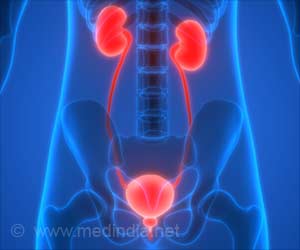For anyone with an eating disorder, there is a slight possibility that autism spectrum disorder can appear to that person. And it appears there is a connection between diagnosis of autism and eating disorder.

‘A new study has been setup to further understand the link between autism and problematic eating behavior.’





“When we consider the behavioral characteristics of autism, such as being selective about food and textures, food refusal or being particular with the type or color of the utensils used, it is plausible to suggest that these behaviours may eventually lead to an eating disorder.” The researchers further told that considering the peculiarities of specific behaviors, clinicians who are primarily concerned with diagnosing a condition may miss the co-occurring condition.“This could create an issue in terms of treatment. If in fact autism is the cause of the disordered eating and the autism is identified, intervention will need to be modified with this diagnosis in mind,” says Prof. Young. She and her team studied 74 autistic and 40 non-autistic young adults, aged between 18 and 25 years on their eating behavior to better understand the relationship between autism and eating disorders.
The study found that the autistic individuals self-reported higher levels of problematic eating behavior than non-autistic individuals, and also found out higher weight and shape concerns.
The researchers said that the latter finding was somewhat unexpected, suggesting that autism is a disorder that is affecting more and more people, especially those with anorexia nervosa.
The researchers also said that there was a need to develop better practical guidelines for treating eating disorders among people in the autism spectrum, as such guidelines do not currently exist, although more thorough research is further needed.
Advertisement
“Health practitioners should be mindful that these conditions co-occur and consider both diagnosis prior to commencing treatment.”
Advertisement











